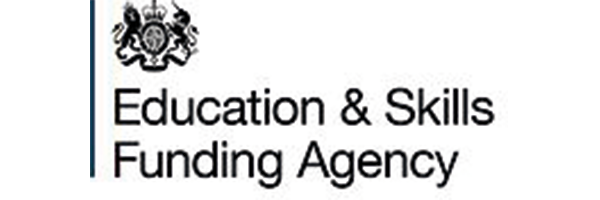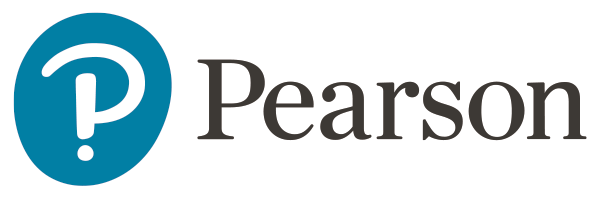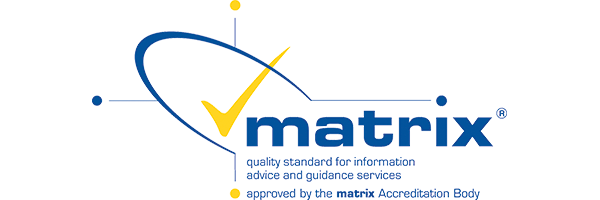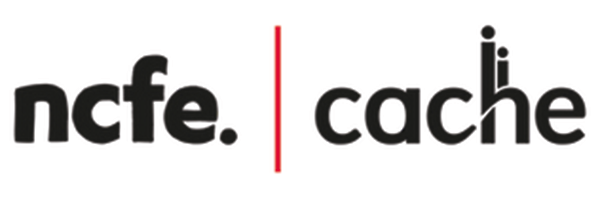Personal Development theme of the month:
Focus on Special Educational Needs (SEN)
& Learners with Learning Difficulties or Disabilities (LLDD)
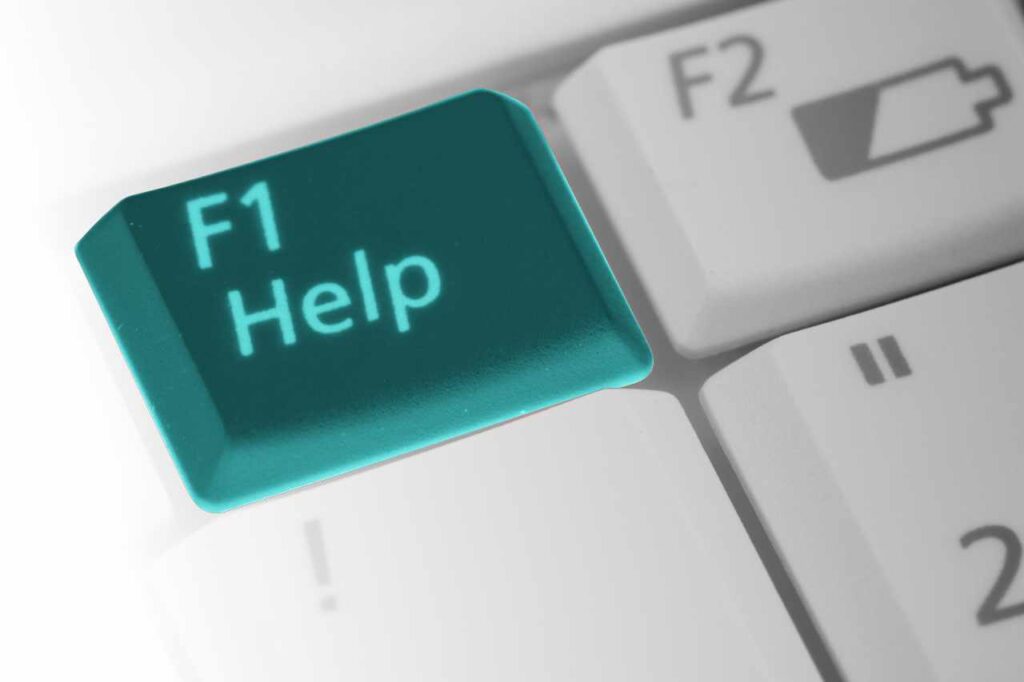
What is SEN / LLDD?
Special educational needs is a legal definition and refers to learners with learning problems or disabilities that make it harder for them to learn than most learners the same age.
Learners with Learning Difficulties or Disabilities – Learners with special educational needs (SEN) tend to be referred to as ‘learners with learning difficulties or disabilities’
How is SEN defined?
The Children & Families Act 2014 defines Special Educational Needs and Disability (SEND) in the following way. A child or young person has SEN if they have a learning difficulty or disability which calls for special educational provision to be made for him or her.
What percentage of learners are SEN?
The proportion of learners with a statement of SEN/ Education, Health and Care (EHC) plan increased to 4.0% in 2022, continuing a trend of increases since 2017. Prior to this, the rate had remained steady at 2.8%. Learners with an EHC plan made up 24% of all learners with SEN in January 2022.
What are the 4 types of SEN?
- Communication and interaction.
- Cognition and learning.
- Social, emotional and mental health difficulties.
- Sensory and/or physical needs.
Examples of SEN are:
- Emotional and behavioural difficulties (EBD)
- Autism
- Attention Deficit (Hyperactivity) Disorder (ADHD/ADD)
- Specific learning difficulties such as Dyslexia
- Obsessive Compulsive Disorder
- Communication difficulties
- Medical needs such as Epilepsy and Cerebral Palsy
- Mobility difficulties
Focus on Dyslexia
5 Interesting Facts About Dyslexia
- People with dyslexia are often more creative. Dyslexia is not related to low intelligence
- Dyslexia is highly hereditary
- Dyslexia is very common
- The symptoms of dyslexia aren’t always what you think
- Dyslexia is not a disease.
Why is dyslexia so common?
How can you support people with learning disabilities?
- use accessible language.
- avoid jargon or long words that might be hard to understand.
- be prepared to use different communication tools.
- follow the lead of the person you’re communicating with.
- go at the pace of the person you’re communicating with, check you have understood and be creative.
How can you support people with learning disabilities?
Special educational needs (SEN) and disability quite often, but not always, overlap and interconnect. Children and young people can have SEN but no disability and vice versa. While others may have both, which can mean they have complex needs.
NWCS staff awareness of SEN/LLDD
- The causes of learning disabilities
- Key pieces of legislation relating to learning disabilities
- Barriers facing people with learning disabilities
- How to improve communication
- How to promote positive care practices
NWCS can offer support for learners with learning disabilities which will enable learners to achieve their goals by following the defined process below:
- Learning Difficulty or Disability (LLDD) Support Plan to be sent out to all new enrollees via the IPegs system at the initial recruitment stage.
- LLDD form upon return to be forwarded to Shirley Ashcroft for action.
- Learners who have identified Yes within boxes 1 to 6 will be interviewed by Shirley Ashcroft to establish the full detail and agree upon what support arrangements can be implemented.
- The details as to what is agreed will be added to the induction support plan completed by Sylvia Jones to be forwarded to the allocated Training Officer.
- Shirley Ashcroft will visit the learner within their first two weeks of learning at the Employer premises to ensure that initiated support is in place. Also, with the agreement of the learner the Employer is supportive.
- Training Officers will be responsible for carrying out the monthly reviews and all other paperwork in relation to this learner. Support arrangements for Learners must be identified on their Individual Learning Plan (ILP)
Support Services

Special Educational Needs & Disability Information Advice and Support Service (SENDIASS)

Children with special educational needs and disabilities (SEND)

Special Educational Needs and Disabilities
SEN services abailable from Leeds City Council

SEN Magazine

Dyslexia Foundation
Encouraging and promoting a positive attitude towards dyslexia and offer an environment in which to enable support and to talk about dyslexia.
Articles

Caretutor - Barriers to healthcare
Short animated video on how to help people with learning disabilities get access to healthcare


